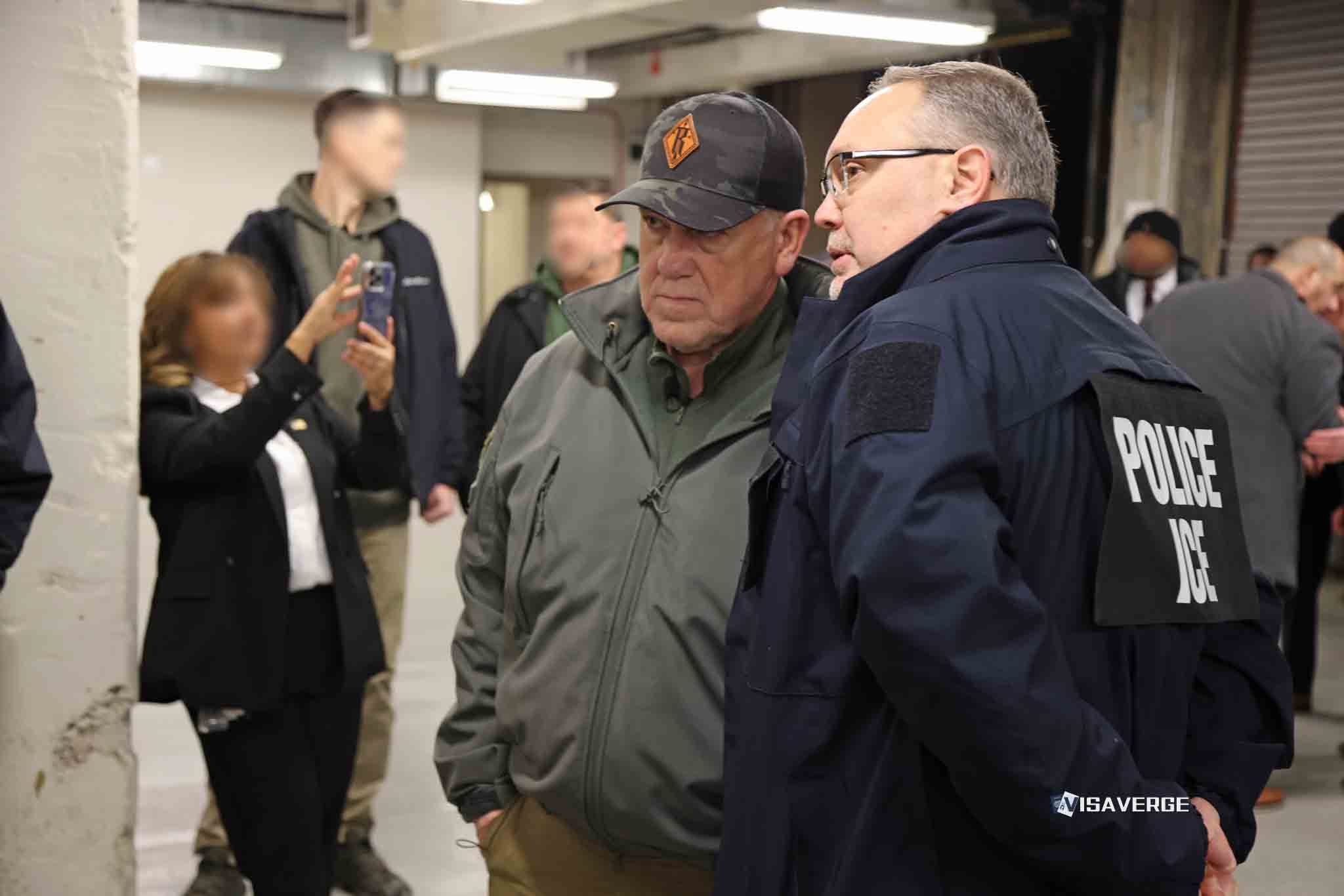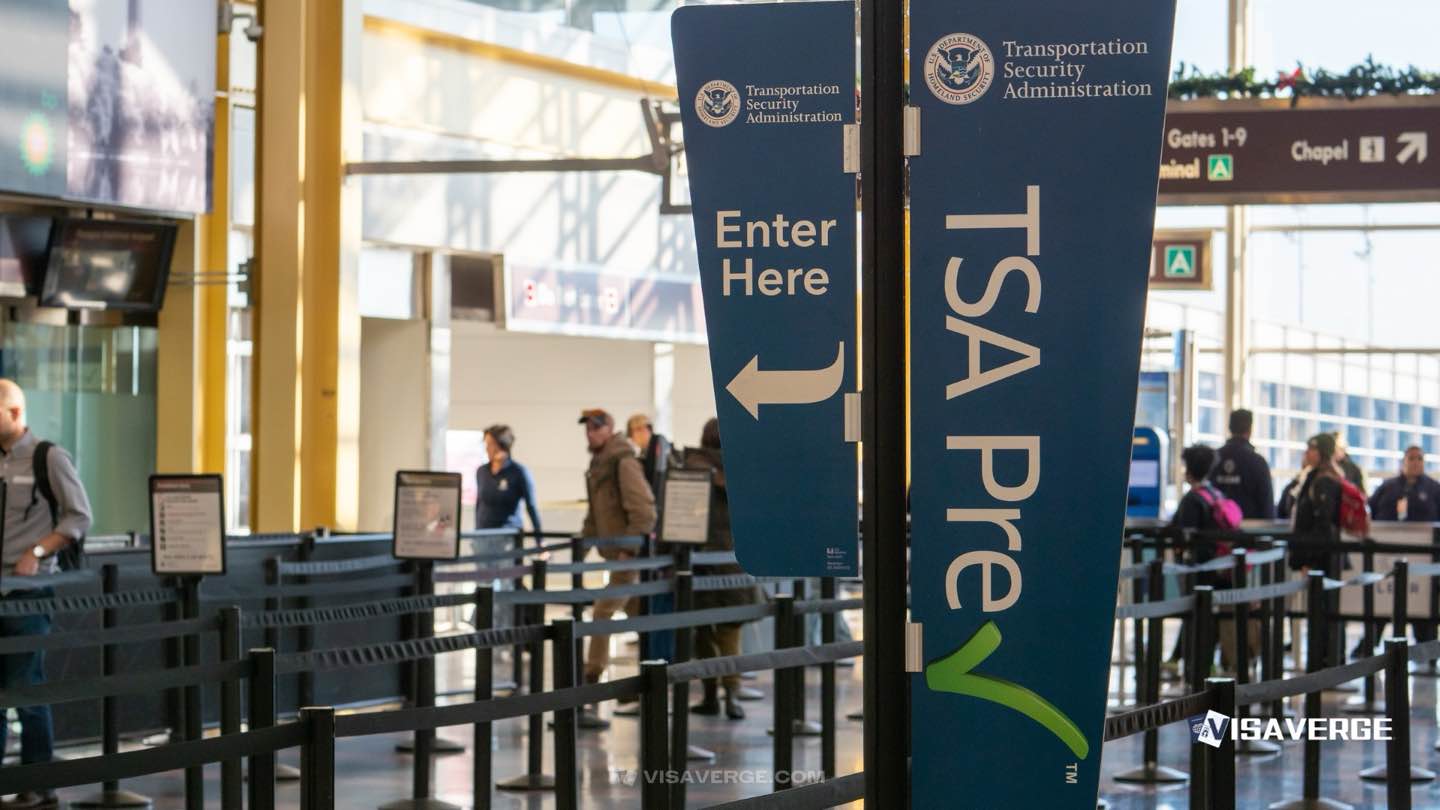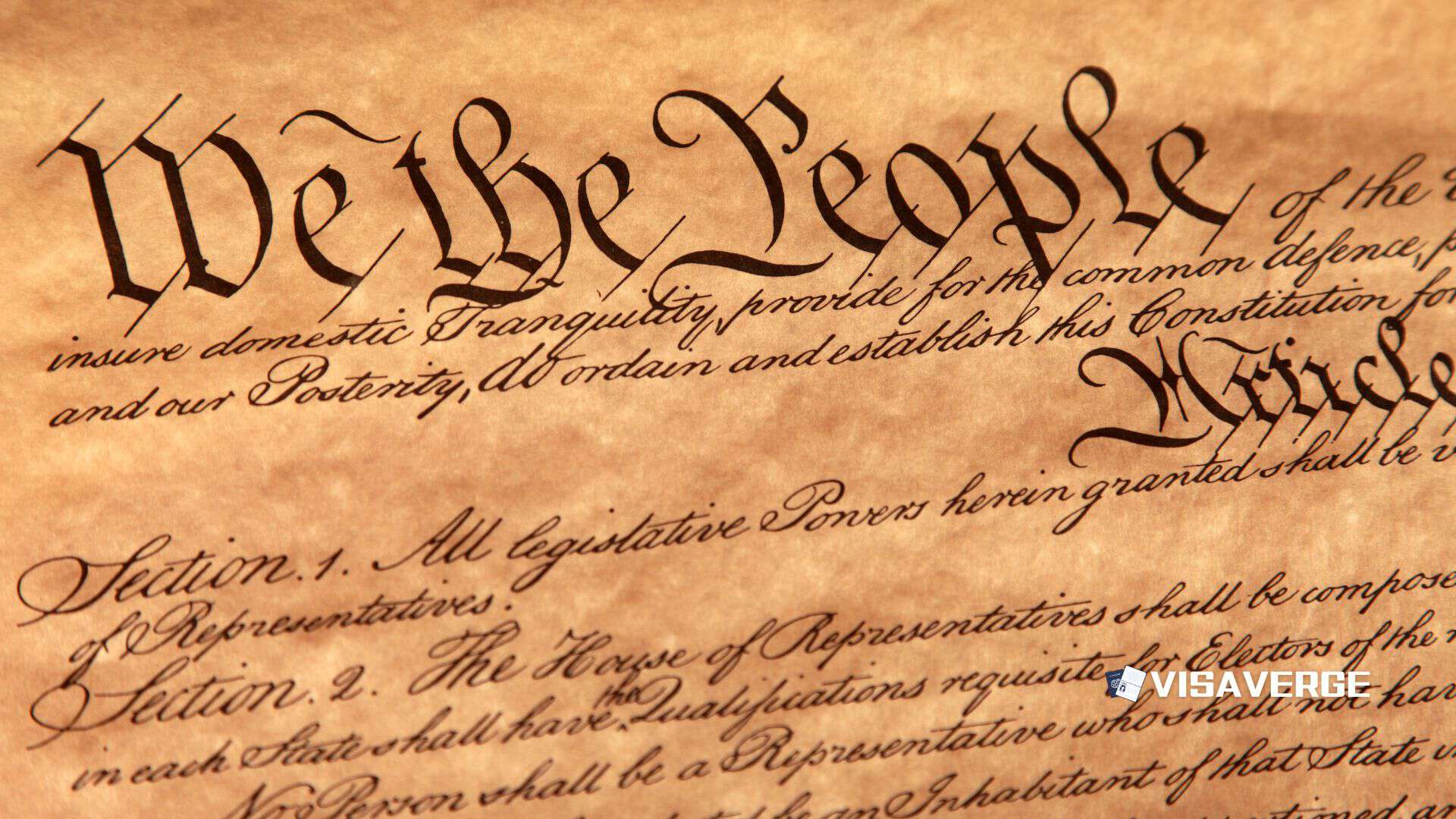(WASHINGTON, D.C.) A federal judge has ordered the Trump administration to end its months-long deployment of National Guard troops in Washington, D.C., ruling that the operation amounted to an unconstitutional “military takeover” of the nation’s capital and illegally undercut local control of law enforcement.
U.S. District Judge Jia Cobb issued the order on November 20, 2025, directing that the deployment be wound down. But she paused her ruling for 21 days, until December 11, 2025, to give the administration time to appeal. During that period, the National Guard presence in Washington, D.C., will remain in place while the legal fight plays out.

In a sharply worded decision, Judge Cobb found that President Donald Trump’s use of more than 2,300 National Guard troops in the city violated the Constitution by overriding the authority of local officials to direct policing and public safety. She concluded that the deployment constituted a “military takeover” of Washington, D.C., and that the Trump administration had unlawfully intruded on powers normally held by the city’s government.
District of Columbia Attorney General Brian Schwalb led the challenge against the deployment, arguing that the president could not send troops into the city for domestic law enforcement without the consent of the mayor. Schwalb warned that allowing such actions to stand would permanently shift the balance between federal and local power.
“Normalizing the use of military troops for domestic law enforcement sets a dangerous precedent, where the President can disregard states’ independence and deploy troops wherever and whenever he wants—with no check on his military power,” he said.
The dispute centers on a sweeping executive order President Trump signed in August 2025, declaring a “crime emergency” in Washington, D.C. Within a month of that order, more than 2,300 National Guard troops from eight states and the District of Columbia were deployed to the city. They were placed under the command of the Secretary of the Army and assigned to patrol streets and assist in law enforcement operations. Hundreds of federal agents were also sent in to help with patrols, creating an unusually heavy federal security footprint in the city.
According to filings from Schwalb’s office, the deployment was never intended as a brief surge. Attorneys said Guard troops were expected to stay in Washington, D.C., through at least next summer, with internal planning pointing toward a presence lasting into the celebrations for the United States’ 250th anniversary in 2026. Military officials had instructed out-of-state National Guard units to prepare for winter, a sign that the administration anticipated many more months of operations on the ground in the capital.
The Trump administration went further by deputizing many of these Guard troops as special deputies of the U.S. Marshals Service, effectively turning them into federal law enforcement officers. Schwalb’s team argued in court that this step pushed the deployment over a legal and constitutional line. Out-of-state troops, they said, were “impermissibly operating as a federal military police force,” a move they blamed for inflaming tensions with residents and diverting scarce local police resources away from ordinary community policing.
For people living in Washington, D.C., the legal fight is not abstract. The city has seen soldiers from as far as eight states guarding intersections, riding in military vehicles, and conducting joint patrols with federal agents across neighborhoods that normally rely on the Metropolitan Police Department and local agencies. Schwalb said those Guard members had lives and families waiting for them outside the capital.
“It is long past time to let the National Guard go home to their everyday lives, their regular jobs, their families, and their children,” he said.
From the start, the White House has defended the operation in Washington, D.C., as a necessary answer to violent crime and threats to federal buildings. White House spokeswoman Abigail Jackson said the president’s actions were firmly grounded in law and aimed at protecting both residents and federal property.
“President Trump is well within his lawful authority to deploy the National Guard in Washington, D.C., to protect federal assets and assist law enforcement with specific tasks. This lawsuit is nothing more than another attempt—at the detriment of DC residents—to undermine the President’s highly successful operations to stop violent crime in DC,” said Jackson.
Government lawyers took a similar position in court, arguing that Congress has long empowered the president to command the District of Columbia’s National Guard and to use federal forces to safeguard federal interests in the capital. They dismissed the lawsuit as a “frivolous political stunt,” claiming that the D.C. government and its attorney general were trying to score political points rather than address crime. For the administration, Judge Cobb’s ruling is not just a setback in Washington, D.C., but a potential threat to the broader legal framework presidents have used for decades to deploy troops domestically in emergencies.
The stakes are high because this deployment is part of a wider pattern of federal interventions in U.S. cities during the Trump era. Similar tactics, often involving federal agents and, in some cases, National Guard units, have led to legal clashes in Portland, Chicago and Los Angeles. Those disputes have reached into the federal courts, and the Supreme Court is now weighing related emergency appeals that could shape how and when presidents may use troops and federal officers within U.S. borders.
In Washington, D.C., the argument from local officials is grounded in home rule and democratic consent. Although Congress retains ultimate authority over the District, the city has had an elected mayor and council for decades, and they jealously guard their limited control over law enforcement. Schwalb’s office insisted that deploying National Guard troops without the mayor’s agreement effectively cut the city’s leadership out of core decisions about how residents are policed, replacing a locally accountable structure with one directed from the White House and the Pentagon.
Judge Cobb’s finding that the deployment amounted to a “military takeover” of the city gives that argument powerful legal backing. Her order suggests that even in a crime emergency, there are constitutional limits on how far a president can go in sending troops into a city for day-to-day policing tasks, especially when those troops are drawn from multiple states and then deputized as federal officers. While full details of her legal reasoning have not yet been made public, her conclusion that the Trump administration “illegally intruded” on local authority sets up a direct clash between the executive branch and the courts.
For the more than 2,300 Guard members, the ruling creates fresh uncertainty. Many had been told to plan their lives around an extended stay in Washington, D.C., with some units from the eight participating states put on long-term rotations. The order to prepare for winter showed how deeply the deployment had been woven into short- and medium-term planning. Now, unless an appeals court steps in before December 11, 2025, those same units may need to stand down and return home sooner than their commanders expected.
The human impact also extends to city residents who have been living under a visible military and federal law enforcement presence for months. Local officials say the arrival of out-of-state Guard troops, some wearing different state insignias and badges from the U.S. Marshals Service, has changed how many people experience their own streets and public spaces. Schwalb’s filings described how the deployment “inflamed tensions with residents” and pulled local officers into coordination and oversight roles that took time and personnel away from neighborhood policing and community outreach.
The Trump administration counters that, without the National Guard in Washington, D.C., crime would rise and federal buildings and employees would be at greater risk. Jackson’s statement framed the lawsuit as harming the very people it claimed to protect, saying opponents were acting “at the detriment of DC residents.” That argument is likely to feature heavily in the administration’s appeal, along with a renewed emphasis on Congress’s historical role in granting the president control over the District’s Guard forces.
Legal experts note that the case could force courts to clarify boundaries that have often been tested but rarely defined in detail: when does a legitimate security deployment cross the line into an unconstitutional military takeover, and how much say should local governments have when federal forces enter their streets? The combination of National Guard units, federal agents and deputized troops operating as a quasi-military police force in Washington, D.C., has made this case a focal point for those concerns.
As the appeal unfolds, the National Guard remains on duty in the capital, continuing the patrols and joint operations that began after the August 2025 crime emergency order. The paused ruling gives the Trump administration a narrow window to persuade a higher court that Judge Cobb misread the Constitution and understated the president’s authority. If the administration fails, the Pentagon and the District of Columbia National Guard will face the complex task of quickly unwinding a large, multi-state deployment that was originally built to last well into 2026.
For now, Washington, D.C., sits at the center of a national argument over force, law and democracy: how far a president can go in using troops at home, and who ultimately decides when a city’s policing has tipped into a military takeover.
On Nov. 20, 2025, Judge Jia Cobb found the Trump administration’s deployment of over 2,300 National Guard troops in Washington, D.C., unconstitutional, calling it a “military takeover.” She ordered the deployment ended but paused the order for 21 days to allow appeal until Dec. 11, 2025. Troops from eight states were placed under federal command and many were deputized as U.S. Marshals, prompting legal challenges over federal intrusion into local policing and democratic control.













